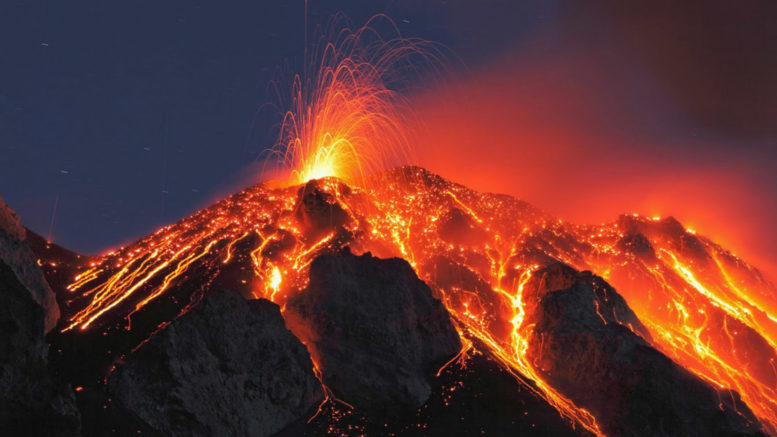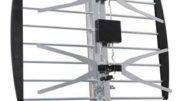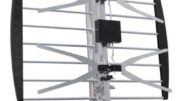If a natural disaster leaves downed power lines in your town, you’ll be glad you have a TV antenna.
No matter where you are in the U.S., you’re at risk for a natural disaster. People who live on the East Coast worry about hurricanes and floods. Those in the Gulf Coast states face these risks, as well. Midwesterners fear tornadoes, while the West Coast trembles at the threat of earthquakes. These tragic situations often leave people without power and means of communication, sometimes for days. In these situations, you actually NEED a TV antenna.
After the Lights Go Out…
In a natural disaster, the power is the first thing to go. Anyone who’s been through a hurricane, tornado, or similar situation will tell you this. High winds snap trees, which fall and take out power lines, including cable TV and Internet. This cuts you off from any news on when power might be restored, etc. Even if you have a backup generator, you still won’t be able to get updates on TV if you have cable or satellite. This is why having a TV antenna, either indoors or outdoors, is so important:
-
When properly installed, TV antennas have been known to remain intact during high winds.
-
If your TV antenna does get knocked down by the storm, you can always set it up again once the weather clears.
-
A portable TV can be powered by just a few AA batteries. Portable TVs are inexpensive and easy to find at convenience stores and big-box stores, especially as the holiday season rolls in. This will keep you updated on road closings, weather forecasts, and other pertinent information.
-
Because local TV is not on shared bandwidth networks, such as cell phones and public Internet, your reception won’t be affected by overuse.
-
Local TV broadcasting isn’t dependent on power. If the power goes out to your area, cell towers will drain their emergency batteries and you’ll lose all communication.
Survival Tips for Cord-Cutters
A TV antenna alone won’t keep you connected in an emergency. If you lose power – and chances are good that you will – you’ll have nothing to power your antenna or portable TV. If you truly want to be prepared, these tips will keep you connected to the outside world:
-
A professional-grade TV antenna. Some areas might require it to be mounted outside.
-
At least one small, portable TV. (These units don’t require much power to operate.)
-
An emergency power generator if you’re going to power a larger TV.
-
Plenty of bottled water and non-perishable food items.
-
If you’re in a colder region, think about a fireplace and plenty of dry wood. If your home doesn’t have a fireplace, make sure you have extra blankets and warm clothes. If you are in a warmer region, have plenty of ice on hand to keep food from going bad.
Solid Signal is Your Source for TV Antennas
Even if cutting the cord isn’t your thing, you should have a TV antenna just in case. After all, you never know when a wild storm can rage its way through your town. The folks here at Solid Signal are TV antenna experts. Whether you’re a serious cord-cutter or something who wants an antenna “just in case,” we have what you need. Let’s talk. Just go to our antenna help page and fill out the form. Someone from our US-based customer service center will contact you.




